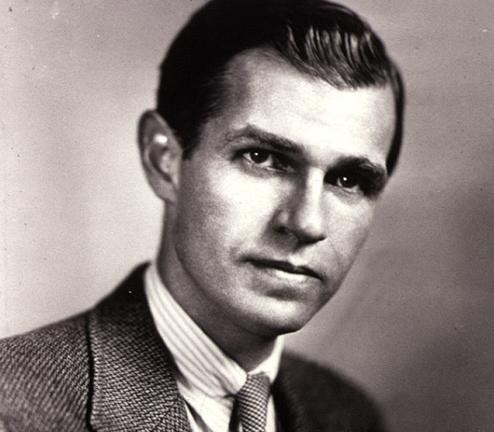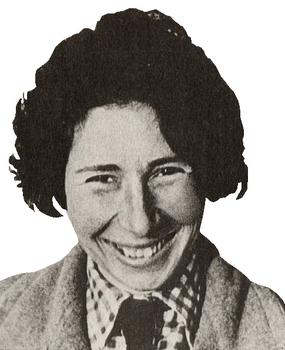The War Ends
The War Ends
Thus a day after sending the following telegram to British Prime Minister Winston Churchill:
I would minimize the general Soviet problem as much as possible because these problems, in one form or another, seem to arise every day and most of them straighten out as in the case of the Bern meeting.
Roosevelt passed away, thrusting Wallace into the position conservatives and reactionaries throughout the world were dreading, the US Presidency.
Thrust into a position of power he found himself with one war winding down and a second approaching its endgame, feeling little need to intervene there he instead took to assembling his own post war domestic policy according to the ‘economic bill of rights’ and fulfilling and renewing the New Deal for a post War World.
Meanwhile the War in Europe after the deaths of so many came to an end with the Red Army smashing Berlin, following a pleasant conversation with People's Commissar for Foreign Affairs of the USSR Molotov regarding the reparations due from Germany and a potential post war loan to assist in rebuilding. Wallace headed to San Francisco for the founding of the United Nations chaired by Nobel Peace Prize winner and future Secretary of State Alger Hiss, where he assisted in dealing with a diplomatic crisis over the admission of Argentina to the UN, itself a direct violation of the Yalta accords, due to his warm relations with the South American Republics he was able convince them to back down on UN membership for the present.
After that was the Potsdam Conference, delayed till after the British General Elections it saw the first meeting of the new big three; Clement Atlee, Henry Wallace and Joseph Stalin. They made major agreements regarding German reparations, territorial changes and German neutrality, the three also convened due to pressure from Atlee and Stalin a separate set of talks over post war reconstruction aid that ultimately led to a $3.75 billion loan for Britain and a $7 billion loan for the USSR, a billion more than Molotov’s original request. In turn Secretary of State Henry Morgentau was set loose with the cooperation of the USSRs GRU and NKVD and the UKs MI5 and SIS on Operation Safe Haven to track down fleeing Nazis and their money while also working to trace their downers.
Wallace also faced the big choice, what to do with Japan, his own intelligence reports suggested the Japanese where on the brink of defeat and they’d been sending out peace feelers, including a telegram Stalin had brough to the conference confirming unconditional surrender was the only obstacle to peace. Feeling political pressure he kept to the principle of Unconditional Surrender and thus focused on the Soviet route to victory negotiating the agreed Yalta concessions with the Chinese. Thus three months later the Soviet invasion of Manchuria, Sakhalin and Kuril islands forced the Japanese to surrender.
Jubilant celebrations overtook the allies with jubilant Americans celebrating outside the Soviet Embassy, the war was over at long last peace had arrived…
Last edited:



